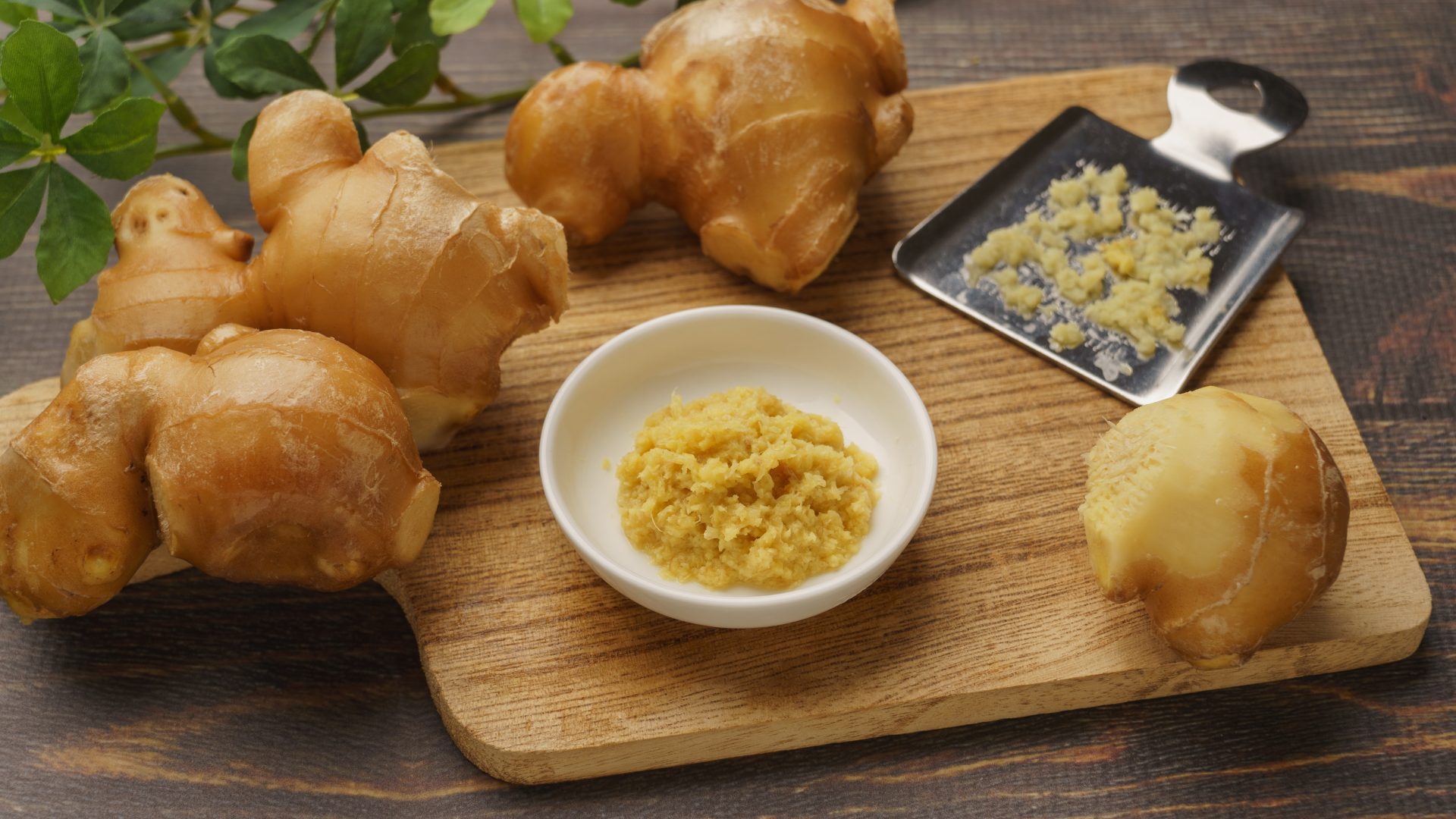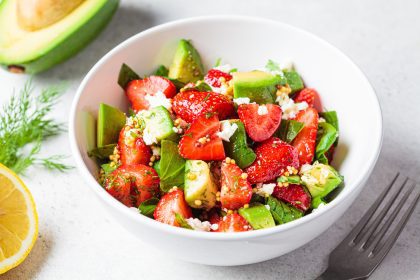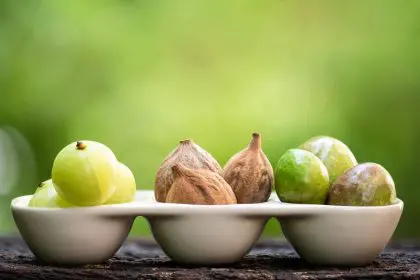In a world where processed foods dominate many American diets, chronic inflammation has become increasingly common. This persistent, low-grade inflammation is linked to numerous health conditions, from arthritis to heart disease. Fortunately, your grocery list might be your most powerful tool in combating this hidden health threat.
Understanding inflammation’s dual nature
Inflammation isn’t inherently bad. In fact, it’s a vital immune response that helps your body heal from injuries and fight infections. When you cut your finger or catch a cold, acute inflammation helps protect and repair your tissues.
The problem arises when inflammation becomes chronic, persisting long after any healing needs have subsided. This type of inflammation can silently damage healthy cells and tissues over time, potentially contributing to serious health issues including cardiovascular disease, diabetes, and certain cancers.
What we eat has a profound effect on our body’s inflammatory response, explains nutrition researchers who has spent decades studying food’s impact on health. The good news is that making strategic dietary changes can help reduce inflammation levels in the body.
The power players in anti-inflammatory eating
While no single food can eliminate inflammation entirely, incorporating these seven items regularly can make a significant difference:
Fatty fish
Salmon, mackerel, sardines, and other fatty fish contain omega-3 fatty acids that help counteract inflammation. These essential fats work by reducing the production of molecules and substances linked to inflammation. Aim to include fish in your meals at least twice weekly to experience the benefits.
Colorful berries
Blueberries, strawberries, and cherries aren’t just delicious, they’re packed with antioxidants called anthocyanins that have anti-inflammatory effects. These compounds give berries their vibrant colors and have been shown to reduce inflammatory markers and support overall immune function.
Leafy greens
Spinach, kale, and other dark leafy vegetables contain high levels of vitamin K and antioxidants that help reduce inflammation. Their fiber content also supports a healthy gut microbiome, which plays a crucial role in regulating inflammatory responses throughout the body.
Nuts and seeds
Almonds, walnuts, flaxseeds, and chia seeds provide healthy fats, fiber, and antioxidants that combat inflammation. Walnuts, in particular, are rich in alpha-linolenic acid, a type of omega-3 fat with strong anti-inflammatory properties.
Extra virgin olive oil
The cornerstone of the Mediterranean diet, olive oil contains a compound called oleocanthal that has been shown to have similar anti-inflammatory effects as ibuprofen. Using olive oil as your primary cooking fat can help reduce inflammatory markers over time.
Turmeric and ginger
These flavorful spices contain potent anti-inflammatory compounds. Turmeric’s active component, curcumin, has been extensively studied for its ability to inhibit inflammation at the molecular level. Combining turmeric with black pepper can enhance curcumin absorption by up to 2000%.
Green tea
Rich in antioxidants called catechins, green tea has been shown to reduce the production of inflammatory cytokines. Regular consumption may help lower inflammation and protect against chronic disease.
Beyond individual foods
While incorporating these specific foods is important, the overall pattern of eating matters most. Anti-inflammatory diets like the Mediterranean diet emphasize:
Plenty of plants
Fruits, vegetables, legumes, and whole grains should make up the majority of your plate at every meal. These foods are naturally high in antioxidants and fiber, both of which help combat inflammation.
Moderate protein
Focusing on plant proteins and fish while limiting red meat can help reduce inflammatory markers. When choosing animal proteins, opt for quality sources like pasture-raised eggs and poultry.
Healthy fats
Emphasizing olive oil, avocados, nuts, and seeds while minimizing highly processed vegetable oils can improve your body’s inflammatory response.
What to minimize for maximum benefit
Just as some foods fight inflammation, others can promote it. To maximize the benefits of anti-inflammatory eating, consider reducing your intake of:
Refined carbohydrates and added sugars
White bread, pastries, sodas, and other high-glycemic foods can trigger inflammatory responses. The average American consumes about 17 teaspoons of added sugar daily, far exceeding recommendations.
Processed meats
Bacon, sausage, and deli meats often contain preservatives that may contribute to inflammation. Limiting these foods can help reduce inflammatory markers.
Excessive alcohol
While moderate consumption of certain alcoholic beverages like red wine might have anti-inflammatory benefits, excessive drinking promotes inflammation. Women should limit themselves to one drink daily, men to two.
Making sustainable changes
Rather than viewing an anti-inflammatory diet as a short-term fix, consider it a long-term approach to eating that can improve your health for years to come. Start by adding one or two anti-inflammatory foods to your diet each week, gradually building new habits.
Remember that consistency matters more than perfection. Even replacing a few pro-inflammatory foods with anti-inflammatory alternatives can make a difference in how you feel and in your long-term health outcomes.
As with any dietary change, individuals with existing health conditions should consult healthcare providers before making significant modifications, particularly those taking medications that might interact with certain foods.
The evidence continues to mount that what we eat directly influences our body’s inflammatory responses. By making thoughtful choices at the grocery store and kitchen table, you may find yourself not only enjoying more flavorful meals but also experiencing improved wellbeing.

















